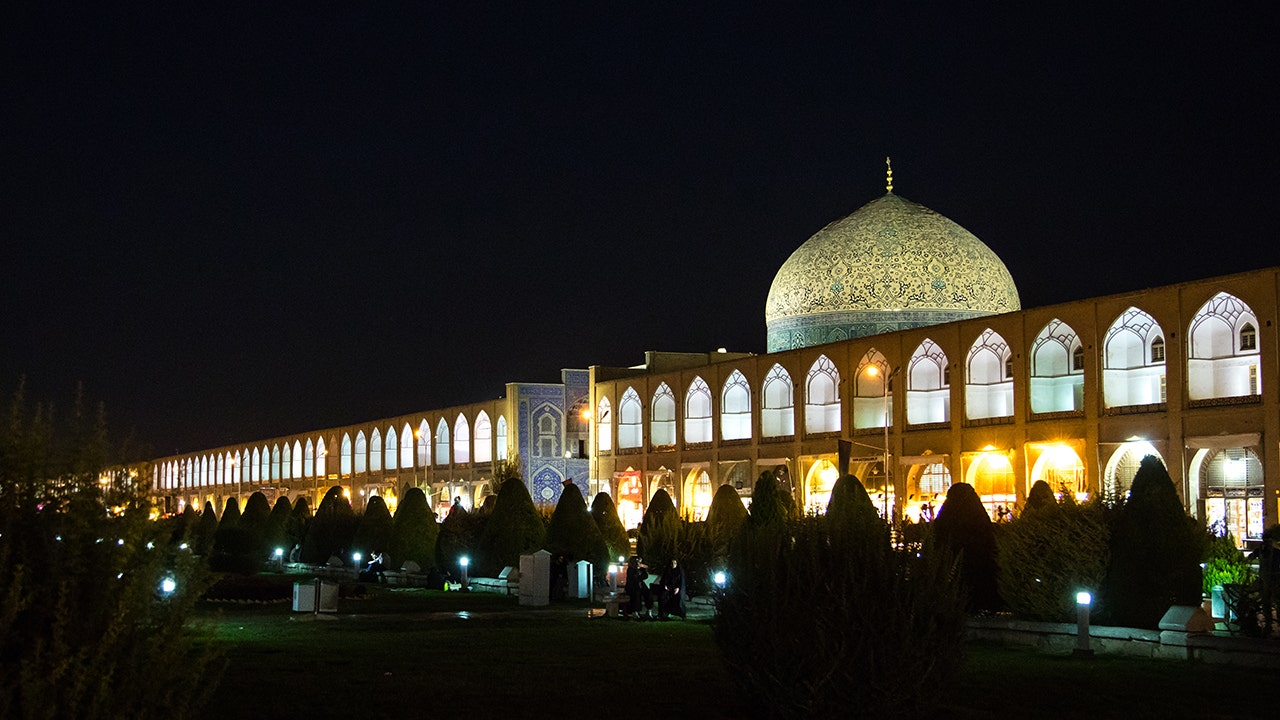Shamima Begum, who traveled from her home in London to Syria with two friends in 2015 when she was a teenager to join the Islamic State terrorist group, has lost her latest bid to regain her British citizenship.
Britain’s Court of Appeal on Friday upheld an earlier tribunal’s ruling that a decision by the government in 2019 to strip Ms. Begum of her citizenship was legal.
The decision means that Ms. Begum, now 24, who has been living in a refugee camp in Syria since 2019, cannot return to Britain and remains effectively stateless.
Legal experts, however, said her team could challenge Friday’s decision and seek to bring an appeal to Britain’s Supreme Court.
Ms. Begum’s case has been the subject of intense debate in Britain after she was interviewed by a reporter with The Times of London in February 2019 in a Syrian refugee camp after Islamic State, also known as ISIS, was forced out of much of its territory. She told the journalist, Anthony Lloyd, that she wanted to return home, and a short time later, Sajid Javid, the home secretary at the time, revoked her citizenship, citing national security risks.
She has remained in the refugee camp for years alongside thousands of others associated with Islamic State, including other Europeans whose countries are reluctant to repatriate them.
On Friday, the Court of Appeal was deciding solely on whether an earlier tribunal decision that determined Mr. Javid’s actions were lawful was correct.
Judge Sue Carr made it clear that the court stood by that earlier judgment, and said it was not up to the court to determine whether stripping her of her citizenship was too severe.
“It could be argued that the decision in Ms. Begum’s case was harsh,” Judge Carr said. “It could also be argued that Ms. Begum is the author of her own misfortune, but it is not for this court to agree or disagree with either point of view.”
Ms. Begum’s lawyers had argued that the government breached human rights laws by not considering if she was a victim of trafficking before removing her citizenship.
Last year, the Special Immigration Appeals Commission found that the decision to remove Ms. Begum’s citizenship was fair, and that Mr. Javid had acted within the law. But that court also said that “as a matter of basic common sense,” Ms. Begum was probably trafficked by ISIS.
British law forbids revoking citizenship from someone who would be left stateless. Mr. Javid had argued that since Ms. Begum has parents of Bangladeshi heritage, she could apply for citizenship there before she turned 21. But she was effectively rendered stateless, as Bangladesh also made clear that she was not welcome to receive citizenship.
Ms. Begum left her home in East London in February 2015 and traveled to Syria with two friends, Kadiza Sultana and Amira Abase, when they were all 15 or 16. The story of the group, who became known in the British press as the “Bethnal Green Girls” for the London neighborhood where they lived, was a stark example of how the extremist group used social media to radicalize and recruit young Westerners to its cause.
Ms. Begum married a Dutch Islamic State fighter while living in Islamic State-controlled territory. They had three children, all of whom died.
The families of Ms. Sultana and Ms. Abase, who also married Islamic State fighters, have told British news outlets that they believe the two women were killed in airstrikes.
When the Islamic State was ousted from most of its territory in Syria and Iraq by coalition forces, Ms. Begum ended up in Al Hol refugee camp, where around 55,000 people, mostly women and children who were the family members of ISIS fighters, still live.
Aid groups working in the camp have warned of the brutal conditions and high death rate, particularly among children. Doctors Without Borders, also known by its French acronym MSF, said last month in a report that those at the camp “grapple with numerous challenges, including limited access to water, inadequate sanitation facilities, and a health care system inhibited by restrictive security practices.”
Maya Foa, the director of Reprieve, a London-based human rights advocacy group, said “the whole episode shames ministers who would rather bully a child victim of trafficking than acknowledge the UK’s responsibilities,” in a statement shortly after the decision. “Stripping citizenship in bulk and abandoning British families in desert prisons is a terrible, unsustainable policy designed to score cheap political points,” she added.






